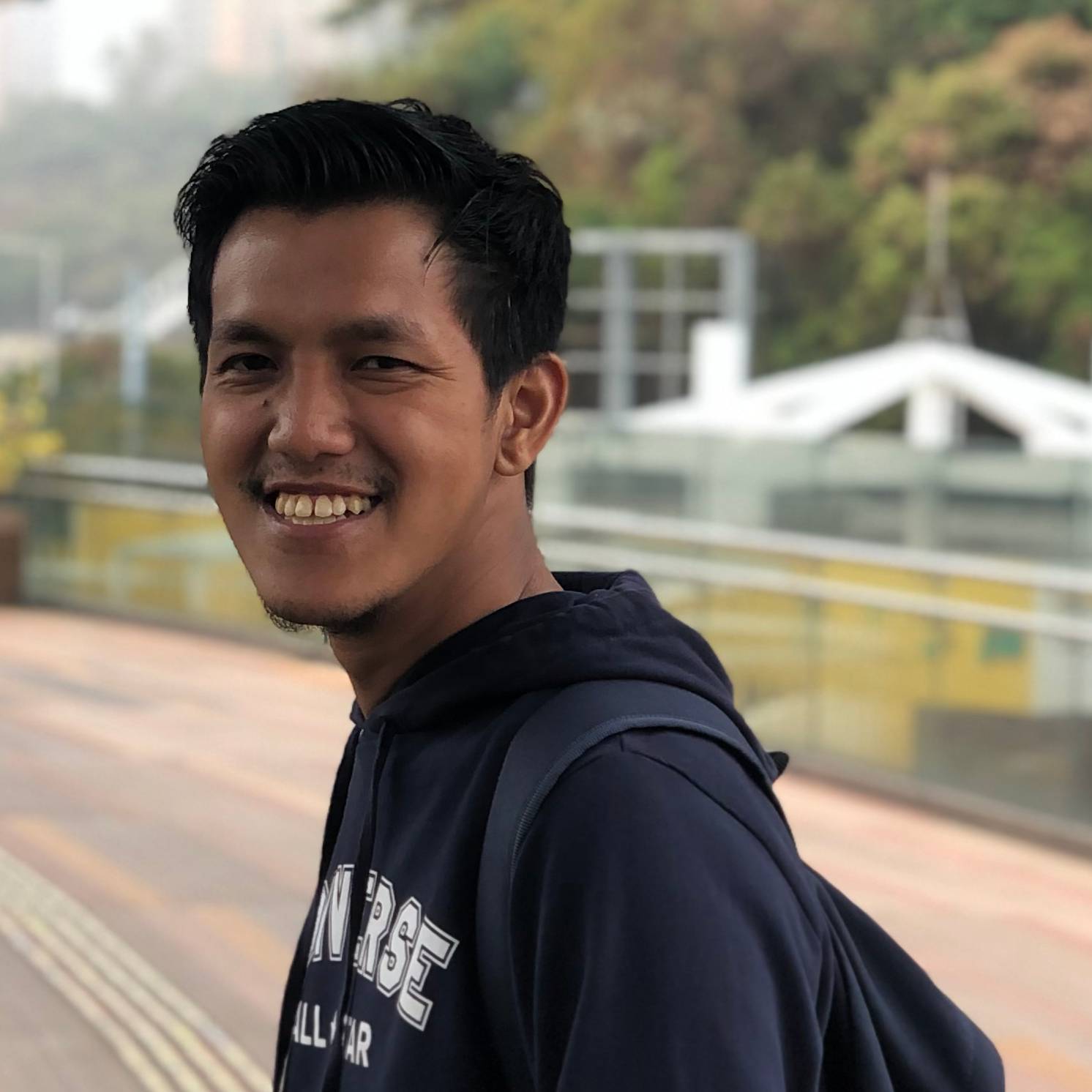On May 15, 2025, Singapore’s Ministry of Home Affairs (MHA) responded publicly to my earlier opinion piece, in which I described being subjected to interrogation at Changi Airport on two separate occasions in 2023. Rather than addressing the concerns I raised about academic freedom and the treatment of scholars in transit, the Ministry issued a serious and troubling claim: that I had “made online postings that support the actions of the Islamic State.”
This accusation is both incorrect and deeply misleading.
Let me state clearly: I have never supported the Islamic State (IS), nor have I ever made any online postings that endorse its actions. On the contrary, I have publicly and consistently criticized the group for its violence and its distortion of Islamic teachings. As both a Muslim and a researcher, I view IS not only as a source of immense human suffering but as a force that undermines the very principles of justice and dignity central to my faith and my work.
In fact, one of my articles—published in November 2014—was a direct condemnation of IS following the brutal murder of Abdul Rahman Kassig, an American Muslim aid worker who had dedicated his life to helping victims of the Syrian conflict. In that piece, titled “The Killing of Abdul Rahman Kassig: Who Does IS Represent?” I wrote:
“This so-called Caliphate has no regard for any human life; not for humanitarian workers, not for journalists, and, more significantly, not for Muslims… It does not represent Islam in its actions against civilians.”
OPINION: Why Indonesians rally more for Gaza than Xinjiang
I highlighted the contrast between Kassig’s humanitarian work and IS’s brutal actions, and I called on Muslims around the world to speak out against both IS and the ongoing violence in Syria. This article, along with others I have written on the Syrian conflict, focused on the suffering of civilians—especially children—and the urgent need for peaceful solutions. These are not the writings of someone sympathetic to terrorism; they are the reflections of a researcher committed to justice, accountability, and human rights.
I understand that states have a responsibility to protect their borders and ensure national security. I fully respect that right. But it is important that such efforts are grounded in accurate assessments and do not conflate legitimate academic or journalistic work with extremist activity. When complex political writing is mischaracterized as support for violence, the consequences can be severe—not just for the individual, but for the integrity of scholarly and journalistic inquiry more broadly.
To be clear, my research and commentary have often explored difficult and sensitive topics, including the politics of the Middle East, the plight of Palestinians and Syrians, and international responses to those conflicts. These subjects are inherently complex and can provoke strong reactions. However, disagreement with a government’s foreign policy or the highlighting of humanitarian concerns in conflict zones should never be mistaken for support of extremism. These issues are, in fact, central to meaningful public discourse.
READ: Trump meets Syria president in Saudi before heading to Qatar
The Syrian conflict involves a wide range of actors, including rebel groups, state forces, and extremist organizations. Some of these groups have been criticized, while the importance of inclusive, diplomatic solutions has been emphasized, along with urging the international community to address the root causes of instability. Criticizing violence, regardless of its source, is both a moral and professional responsibility—not a threat.
The value of open dialogue and academic freedom has never been more crucial. Misunderstandings like this should be addressed constructively, with a clear commitment to accuracy and fairness.
It is essential to avoid equating critical engagement with dangerous intent. Doing so risks discouraging thoughtful discussion, suppressing necessary critique, and narrowing the space for meaningful exchange across borders.
Journalists and researchers must continue to engage with these issues, upholding the principles of integrity and rigor in their work. By embracing open, honest inquiry, we can collectively contribute to a more informed and just world. Now, more than ever, it is vital to foster a climate of thoughtful discussion—one in which critical perspectives are encouraged and the space for meaningful exchange is preserved across borders.
OPINION: I was interrogated in Singapore twice for writing about Palestine
The views expressed in this article belong to the author and do not necessarily reflect the editorial policy of Middle East Monitor.


![Members of the Syrian Kurdish Asayish security forces gather at the Kurdish-run al-Hol camp, which holds relatives of suspected Islamic State (IS) group fighters in the northeastern Hasakeh governorate, on April 18, 2025. [Photo by DELIL SOULEIMAN/AFP via Getty Images]](https://i0.wp.com/www.middleeastmonitor.com/wp-content/uploads/2025/05/GettyImages-2210182860-1.jpg?fit=920%2C613&ssl=1)







